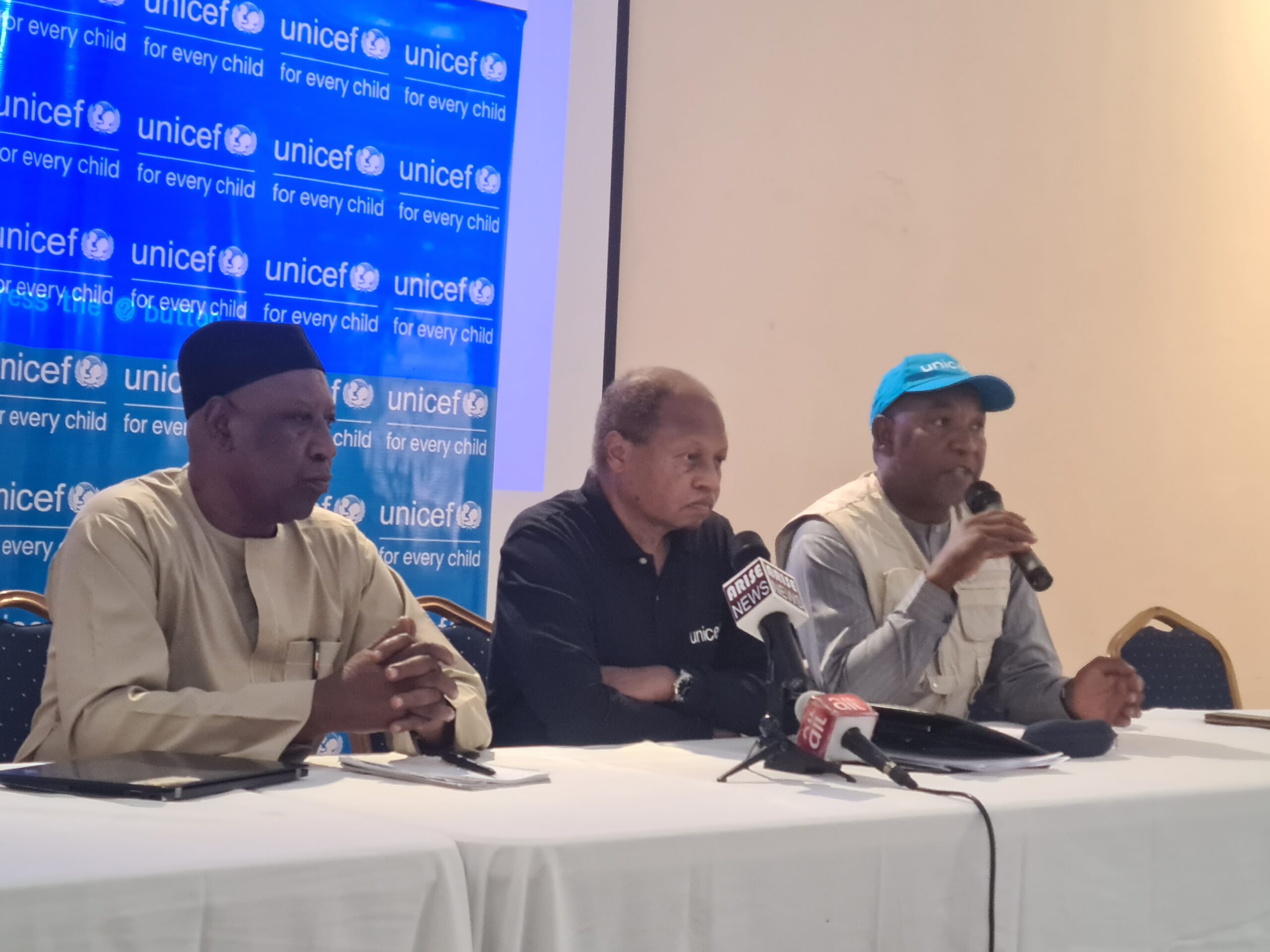Flooding caused by climate change has disrupted the education of approximately 92,518 school-age children in Jigawa State, according to the United Nations Children’s Emergency Fund, UNICEF.
This was disclosed by the Chief of UNICEF Field Office Kano, Mr. Rahama Rihood Farah, on Friday during a press conference in Kano.
According to him, last year’s floods damaged and destroyed 115 school buildings across the state’s 27 Local Government Areas, leaving many classrooms unsafe or unusable.
“The prolonged school closures and lack of educational resources have affected 43,813 girls and 48,705 boys,” he said.
In response, UNICEF, with support from partners such as the UK’s Foreign, Commonwealth, and Development Office, is working to create climate-resilient learning environments in Jigawa and Kano states to mitigate the impact of climate change on education.
As part of its efforts, UNICEF has involved 350 youths in Jigawa in climate action initiatives over the past year.
These youths have planted 200 trees in Jigawa contributing to environmental restoration.
Mr. Farah also said UNICEF prioritized the construction and rehabilitation of Water, Sanitation, and Hygiene (WASH) facilities in schools.
“In Jigawa, 19,622 girls and 19,810 boys benefited from improved WASH infrastructure in eight schools.”
He highlighted the broader implications of climate change on education, noting that over 2,200,200 Nigerian children have had their learning disrupted by flooding alone.
He called for urgent action to address the growing impact of climate change on education systems.
UNICEF reiterated its commitment to working with the government for improved basic education outcomes in the state.


